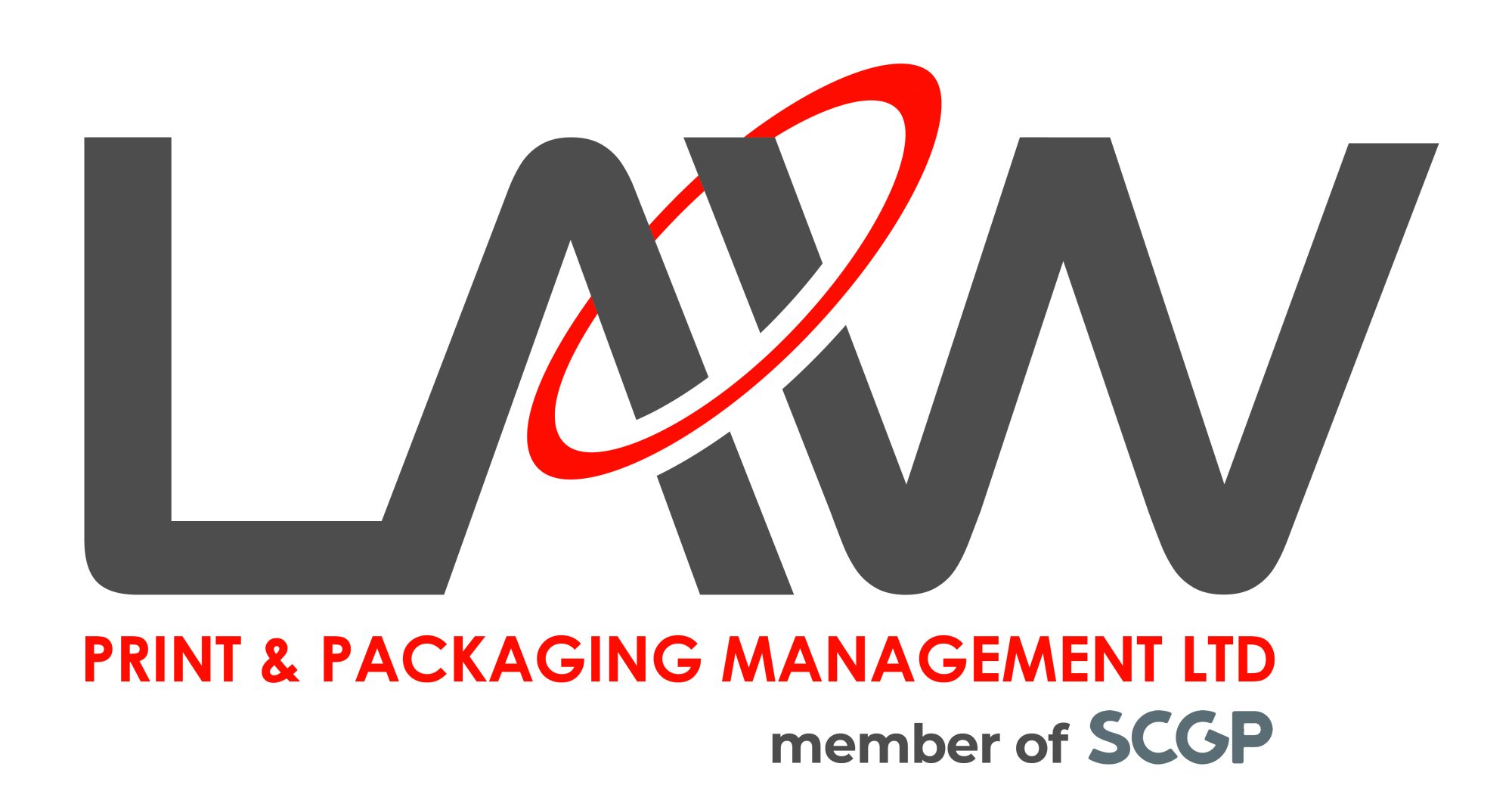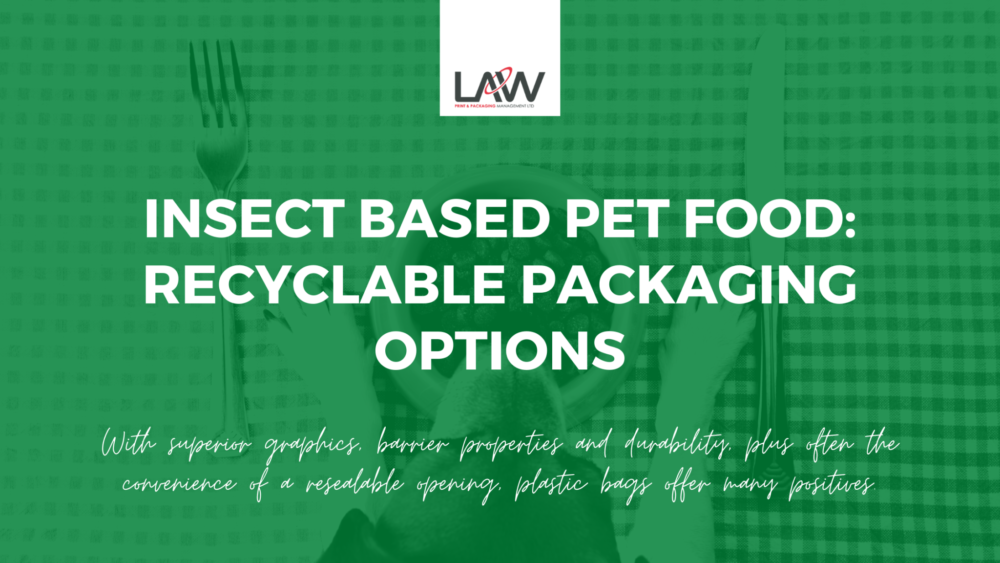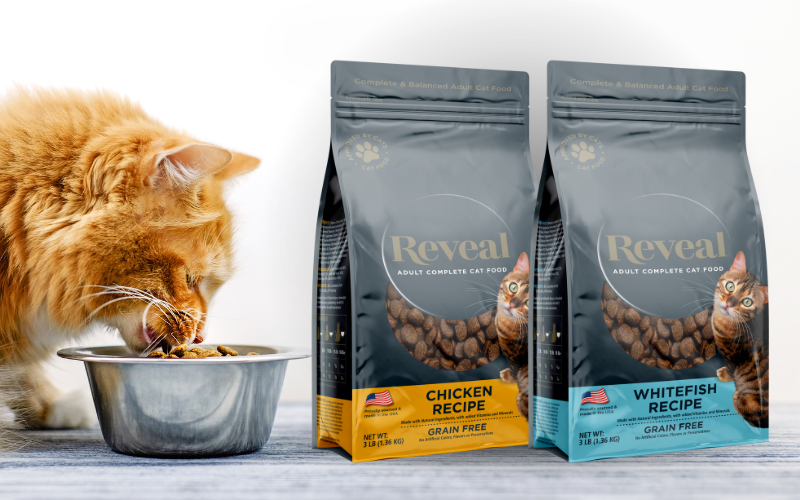Recyclable bags for insect protein are a match made in heaven. With superior graphics, barrier properties and durability, plus often the convenience of a resealable opening, plastic bags offer many positives. The best part is that they can be fully recyclable if made with the right materials.
The single type of polymer that comprises these plastic bags, contributing to their benefits, makes them easily recyclable at supermarkets and other retailers’ collection points.
Insects might be the protein of the future, but food companies still need to convince consumers to make the switch from beef to bugs. While there are a handful of companies that sell insects roasted whole, the majority of companies put them in the form of protein powders made from roasted, ground-up bugs.

But how do you persuade the public to see insects as protein-packed snacks as opposed to unwelcome pests?
You need to have the right packaging in place. Packaging that reflects the product without compromise, packaging that shows off exactly what the customer will be getting. When you choose recyclable packaging, you’re not only getting a sustainable product but a sustainable bag too.
There are lots of things to consider, however, but we’re here to help. For example, packaging a pet food product in the paper is no good if the food is greasy as the oil will show through the bag and make it flimsy.
We can advise which packaging is best for you and your product by having a chat and understanding exactly what you’re packing and how it’ll be distributed to your customers.
Recyclable Packaging for a Sustainable Product
The ability to recycle packaging is increasingly important to consumers and sustainability in general.
In an early 2020 global survey of pet owners, Euromonitor found that 60% chose “recyclable” as a trustworthy product label claim, over related claims such as eco-friendly and locally sourced, both close to 55%, and sustainably produced at nearly 50%.
Although recyclable packaging is widely available and accessible, for customers of our brands, taking the time to research their local council’s recycling strategies to enable disposing of packaging properly is something that only the general public can instigate.
Currently, the process required to recycle some plastics is not as widely available at local waste management facilities as we’d hoped. As early adopters of the recyclable mono-material technology, it is clear that the infrastructure is still not quite there yet but we are heading in the right direction.
Ready2Recycle can combat this by creating the demand for recycling by its users, forcing councils to see that demand and cater for it. Some supermarkets now have bins for soft plastics which allow for recycling, but we think that households should also have their own soft plastics recycling bins that are collected.
Which Sustainable Solutions can Law Print provide?
PE/PE is used for a variety of different applications. For us, this takes the form of pet food bags mostly but extends to all manner of different industries such as confectionery, beauty, sports nutrition and non-food items.
BOPP Woven is used for pet food and can be recycled.
Paper is a more traditional material, it can be used for pet food providing some exact specifications are made and not all of the outcomes can be recycled.
Interested in learning more about Ready2Recycle and recyclable bags for insect protein? Click here to send us an enquiry, read our blogs or take a look at our case studies.


